Key takeaways
- AI workflow automation enhances business efficiency by reducing repetitive tasks.
- Companies using AI have reported decreased operational costs and increased productivity.
- AI workflow automation enhances business efficiency by reducing repetitive tasks.
- Companies using AI have reported decreased operational costs and increased productivity.
- AI tools like Jotform AI Agents simplify the implementation of automation across various sectors.
Generated with ChatGPT
In today’s fast-moving business world, efficiency isn’t just a goal — it’s a necessity. AI workflow automation transforms company operations by reducing repetitive tasks, improving accuracy, and freeing up teams to focus on high-value work.
According to a 2023 McKinsey Global Survey, businesses integrating AI into their workflows have seen a sharp drop in operational costs and a noticeable jump in productivity. As organizations strive to stay competitive and meet evolving customer demands, adopting AI-driven automation offers an essential leg up.
Whether you run a small startup or a global enterprise, AI workflow automation can streamline your processes and improve your bottom line. In this post, we’ll explain what AI workflow automation is, why it matters, and how tools like Jotform AI Agents make implementation easier than ever.
Build Your Custom AI Agent in Minutes
What is AI workflow automation?
AI workflow automation uses artificial intelligence and specialized software to handle repetitive tasks, reducing manual effort and increasing efficiency. By automating processes like data entry and approvals, it allows businesses to redirect human resources toward strategic initiatives that require creativity, problem-solving, and decision-making.
Besides saving time, AI-driven automation minimizes errors as well. Manual data entry is prone to mistakes, but AI-powered workflows follow predefined rules and use real-time data insights to ensure accuracy. These systems can also flag anomalies and send alerts, helping teams resolve potential issues before they escalate.
Businesses across industries are using AI automation to streamline operations. Here’s how it is benefiting various sectors:
- Healthcare:
- Automating patient scheduling, appointment reminders, and medical record updates
- Enhancing diagnostic accuracy with AI-powered medical imaging
- Supporting clinical decisions by analyzing patient histories and treatment outcomes
- Finance:
- Detecting fraud in real time with AI-driven monitoring
- Automating risk assessment and credit scoring for faster loan approvals
- Strengthening compliance by tracking transactions and spotting irregularities
- Retail and e-commerce:
- Using AI chatbots for instant, personalized customer support
- Managing inventory with demand forecasting and automated restocking
- Improving recommendation engines for a more tailored shopping experience
- Manufacturing and supply chain:
- Preventing equipment failures with predictive maintenance
- Optimizing order processing and logistics with AI-driven solutions
- Enhancing quality control through AI-powered defect detection
- Human resources and business operations:
- Streamlining resume screening and candidate shortlisting with AI-driven analytics
- Boosting employee engagement through AI-powered sentiment analysis
- Automating workflow approvals and document processing for greater efficiency
By embracing AI workflow automation, businesses reduce costs and open new opportunities for innovation and growth.
Benefits of implementing AI in workflow automation
Integrating AI into your workflow automation isn’t just about staying on top of tech trends — it’s about working smarter, not harder. AI-powered automation can save time, reduce errors, and help your business scale. Here’s how:
1. Say goodbye to repetitive tasks
AI can handle tedious work such as data entry, document processing, and answering customer inquiries. That means your team can focus on bigger-picture areas like strategy, creativity, and customer relationships. Less busywork = happier, more productive employees.
2. Reduce errors, boost accuracy
AI follows set rules and processes information in real time, minimizing mistakes that could lead to financial losses, compliance issues, or inefficiencies. In industries like finance, healthcare, and law, where precision is critical, AI helps ensure error-free operations.
3. Scale without the growing pains
As your business expands, so do your workflow demands. AI-driven automation can handle increased workloads without the need for more staff or extra resources. This keeps operations running smoothly while saving costs.
4. Make smarter decisions, faster
AI doesn’t just complete tasks — it provides insights too. By analyzing patterns and performance data, AI helps businesses forecast demand, allocate resources more efficiently, and spot areas for improvement.
5. Deliver a better customer experience
AI chatbots, virtual assistants, and recommendation engines personalize interactions based on past behaviors and preferences. That means quicker responses, better support, and happier customers.
6. Strengthen compliance and security
AI helps businesses meet industry regulations by standardizing processes, keeping track of policy updates, and flagging potential risks. It also enhances cybersecurity by detecting fraud and suspicious activity in real time.
7. Optimize and innovate continuously
AI-driven automation fosters continuous improvement by identifying inefficiencies, suggesting process enhancements, and optimizing workflows based on evolving business needs. Companies that integrate AI into their operations gain agility, allowing them to adapt to market shifts and maintain a competitive advantage.
8. Reduce operational costs and maximize ROI
AI-powered workflow automation significantly reduces operational costs by minimizing manual labor, eliminating inefficiencies, and optimizing the use of resources. Businesses can achieve more with fewer resources, leaving them free to reallocate budgets toward strategic growth initiatives instead. AI-driven predictive analytics help prevent costly errors, reduce waste, and improve decision-making, leading to higher profitability and a faster return on investment (ROI).
9. Improve teamwork and transparency
AI automation enhances teamwork by streamlining communication, tracking progress, and ensuring tasks move seamlessly between departments. Intelligent AI-driven workflows provide real-time visibility into each project’s status, helping teams stay aligned, reducing bottlenecks, and improving overall efficiency.
10. Keep learning and adapting
AI-powered systems continuously learn from data, user behaviors, and market trends, allowing businesses to stay ahead of industry shifts. This adaptability helps companies refine processes, innovate faster, and maintain a competitive edge in rapidly changing markets.
How to automate your workflows with Jotform AI Agents
Jotform AI Agents help you create dynamic, conversational experiences that take data collection and customer interaction to a new level. Instead of relying on static forms or manual follow-ups, these AI-driven tools let you build interactive agents that can ask questions, respond to user queries, and even learn from the data you provide — no coding required. Whether you’re looking to streamline customer support, accelerate lead generation, or optimize internal communication, Jotform AI Agents can help you automate workflows efficiently.
Here’s a quick guide to getting started with Jotform AI Agents:
1. Start from scratch, use a template, or clone an existing form
Jotform offers multiple ways to begin building an AI agent. You can start with a blank slate for complete customization, browse templates for specific use cases, or clone an existing form you’ve already designed. Jotform’s flexibility lets you kick-start your project regardless of your level of technical expertise.
2. Train the AI with documents or URLs
After selecting or creating your AI agent, you can train it by uploading relevant documents or providing URLs. This training data allows the agent to learn domain-specific knowledge and helps it respond to queries more accurately. For instance, if you’re setting up an AI workflow for a financial institution, you might upload compliance documents or point the agent to websites containing official regulatory guidelines.
3. Customize it using the Agent Builder
The Agent Builder is a control panel for tailoring your AI agent’s behavior, tone, and appearance. You can adjust the questions it asks, define how it responds to certain queries, and even set up conversation pathways for more complex interactions. With an intuitive interface, the Agent Builder gives you complete control of your AI workflow management process without the need for coding skills.
Jotform AI Agents can significantly reduce the time and effort spent on data collection, customer inquiries, and routine administrative tasks. For example, Customer Service and Support AI Agents use advanced natural language processing (NLP) to understand the intent behind customer questions and provide accurate, context-relevant responses. This speeds up response times and enhances customer satisfaction by offering immediate solutions.
To better comprehend the versatility of these agents, consider the following specialized examples:
- Service Desk Manager AI Agent: Streamline IT service requests by automatically categorizing issues, routing them to the right team, and providing timely status updates. This solution helps reduce ticket backlogs and keeps communication transparent.
- Property Maintenance Request AI Agent: Simplify maintenance issue reporting by enabling tenants or employees to submit requests in natural language while the AI agent collects all necessary details and forwards them to the appropriate maintenance personnel.
- Maintenance Work Order AI Agent: Enhance communication around maintenance tasks by automating request intake, status updates, and final confirmations. This centralized approach ensures that nothing slips through the cracks while providing a clear audit trail.
- Application Processing Specialist AI Agent: Optimize application workflows by automatically collecting applicant information, verifying details, and sorting submissions. Whether you’re dealing with job applications or loan requests, this AI agent can significantly reduce processing times and minimize human errors.
Integrating specialized agents like these into your workflow can save hours of manual work while improving accuracy and response times. And analyzing the data collected through agents for patterns and trends can further inform your strategic business decisions. In short, Jotform AI Agents offer a user-friendly yet powerful platform for companies looking to leverage AI workflow automation without needing an army of developers.
The future of AI workflow automation
AI workflow automation is a must for any business looking to operate more efficiently. By using artificial intelligence to handle repetitive tasks, improve accuracy, and scale processes, companies can better allocate resources, respond more swiftly to market changes, and ultimately drive greater customer value. Potential applications span countless industries, including healthcare, finance, manufacturing, and retail. But in each case, AI allows organizations to refocus human talent on strategic, creative endeavors that differentiate a brand or product.
Tools like Jotform AI Agents simplify the journey toward effective AI workflow management. Whether you’re a startup aiming to deliver top-notch customer service with minimal staff or an enterprise looking to optimize complex internal processes, Jotform’s no-code approach makes it easy to set up AI-driven workflows quickly. And with the user-friendly Agent Builder, you can customize these solutions to fit your unique needs and goals.
Now is the time to consider integrating AI workflows into your daily operations, if you haven’t already. As automation technology evolves, early adopters stand to gain a competitive edge that can propel them into new markets or service lines. With Jotform AI Agents, you have a powerful yet accessible tool at your disposal — one that can help reshape how you collect data, interact with customers, and make decisions.
Ready to revolutionize your workflows? Get started with Jotform AI Agents and see how seamless, intelligent automation can enhance efficiency, customer satisfaction, and overall organizational performance. Embracing AI workflow automation will bring you one step closer to building a future-ready operation that can adapt and thrive.
Photo by: fabrikasimf


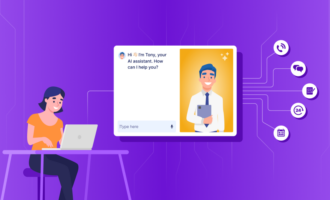





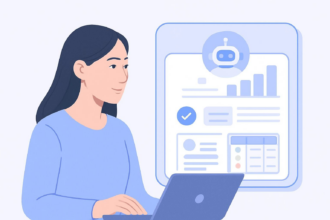






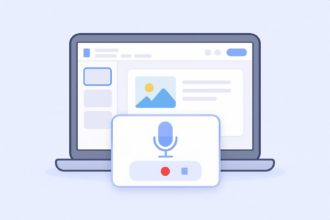


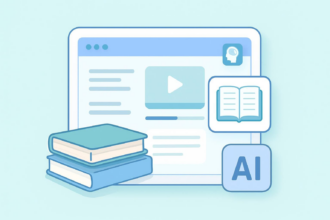


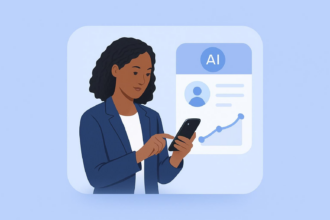

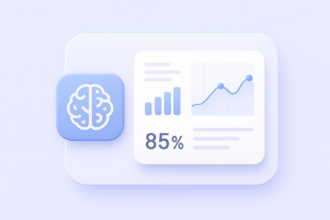





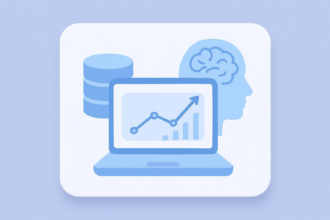


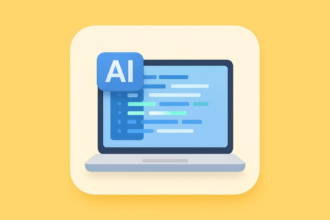
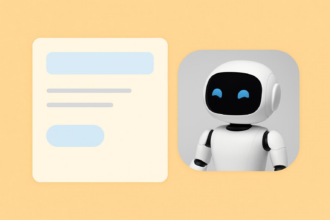
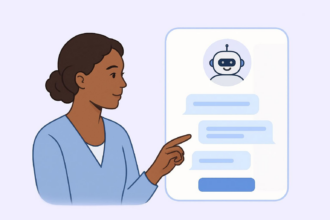
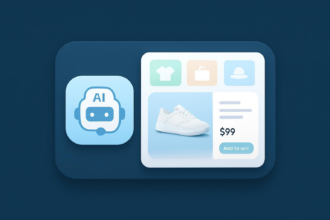

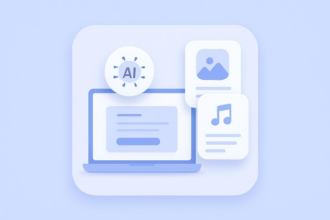


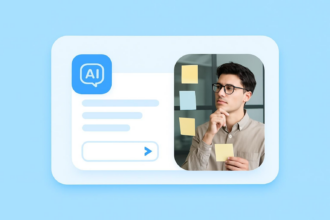
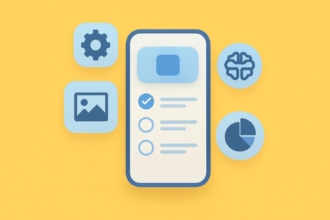
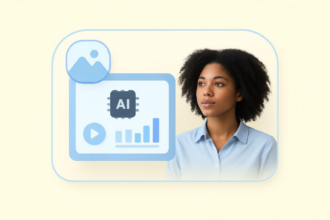


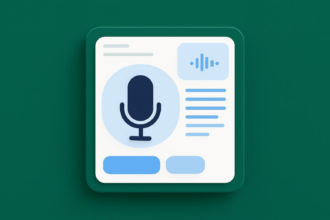
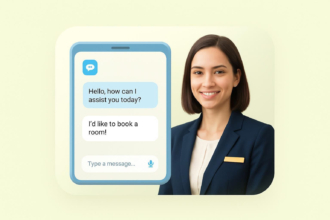

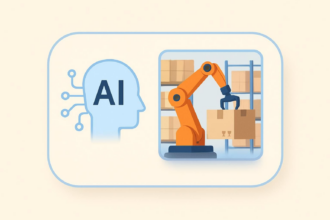
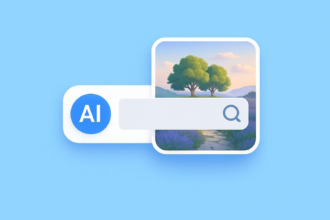
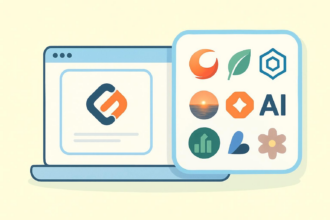


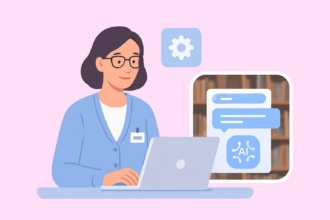

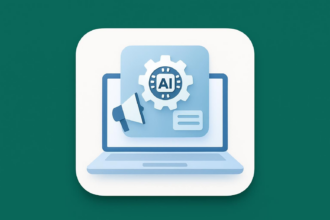


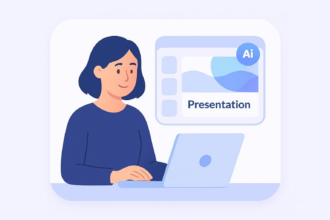

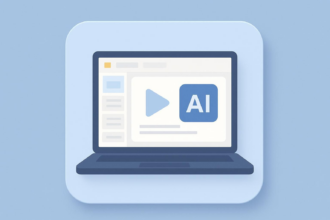







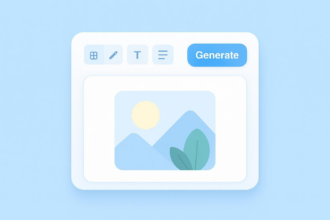







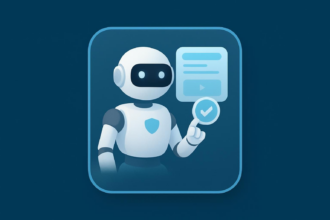
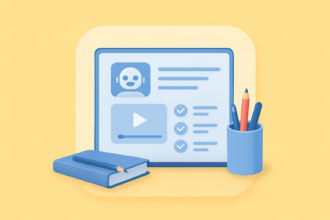



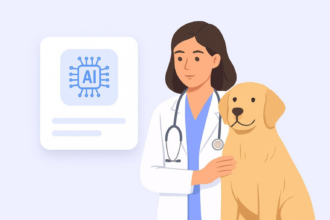



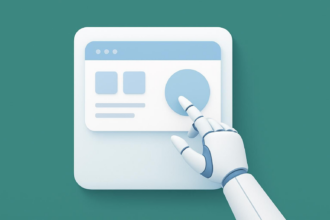

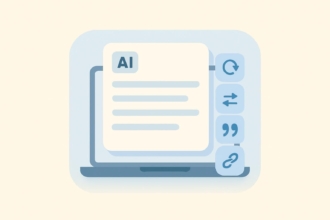




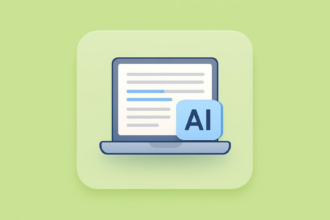



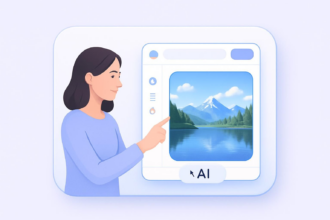


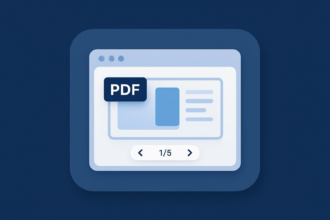

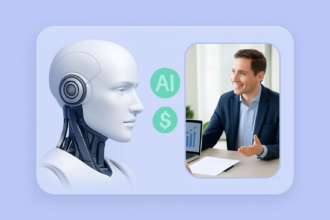
Send Comment: